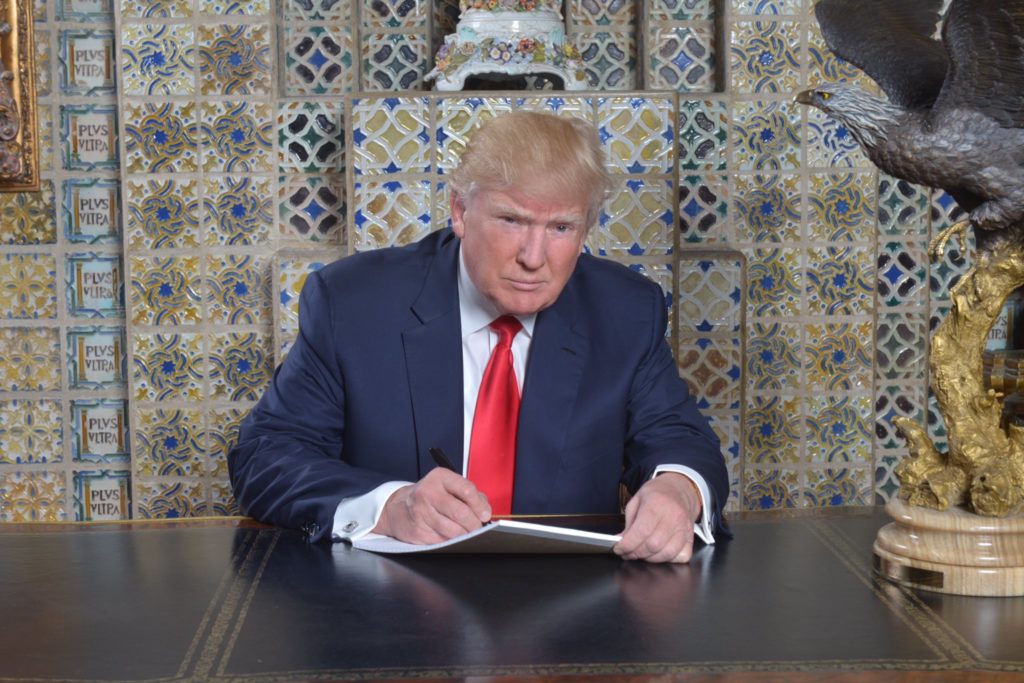The impeachment of Donald Trump is a long and winding process. But we’ve arrived at Step One.

Impeachment is one of the most widely misunderstood concepts in all of American society, both because it’s so complex and because it’s occurred so rarely. The only two Presidents who have been impeached were never removed. The only President who’s been removed was never impeached. But even with impeachment being a long and winding process, it appears we’ve arrived at Step One – and that alone is more significant than you might think.
Congressman Ted Lieu sits on the House Judiciary Committee, and he’s publicly confirmed this weekend that he’s now researching impeachment (link). There’s also the sourced report claiming that the entire committee is in fact considering the impeachment question (link). This is crucial because the first step in any impeachment process is for the House Judiciary Committee to take up the matter.
If the impeachment process survives the committee by a majority vote, then it moves to the full House, where a majority vote would be required in order to begin impeachment hearings. After that concluded, if needed, the Senate would begin an impeachment trial which would require a two-thirds vote for conviction/removal. That last requirement is why no President has ever actually been convicted; Bill Clinton and Andrew Johnson were both acquitted of all charges by the Senate. The only President with any real chance of being convicted, Richard Nixon, resigned long before the process could get that far.
But that last part about Nixon is probably the guide lamp when it comes to Donald Trump. Nixon saw that even his own allies in Congress (the Republicans and the conservative southern Democrats) were finally ready to throw him overboard in order to preserve their own political viability, and he knew there was little point in sticking around and getting convicted, so he resigned instead.
There has been significant debate among the public as to whether or not Donald Trump would resign if and when it reaches a point where impeachment hearings are about to get underway. But this is a man who consistently walked away from his own companies, using strategic bankruptcy and other tactics, once he’s seen they’re going to fail. There’s every reason to believe that under the right circumstances, he’d walk away from the Presidency as well.
While we’re not yet at the impeachment stage that Richard Nixon was at when he opted to resign, and we frankly may not even be close to that stage yet, we do appear to have arrived at Stage One. At least one Congressman on the relevant committee is confirmed to be going down the impeachment road, and others on the committee are reportedly doing the same. In comparison to past impeachment timelines, the effort against Donald Trump is proceeding at light speed in comparison – even if it is a long and winding road and we’re just now entering the on-ramp.
